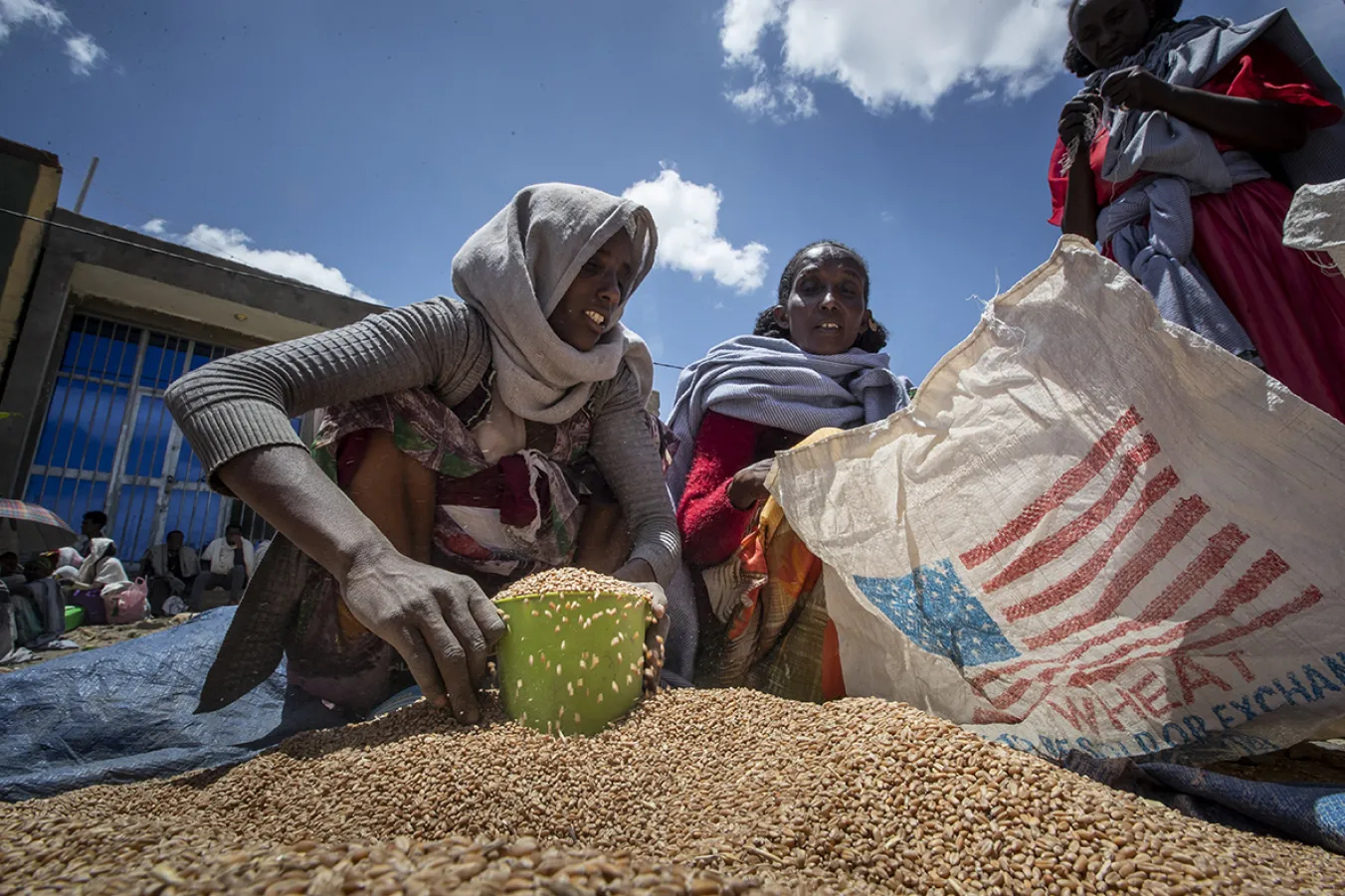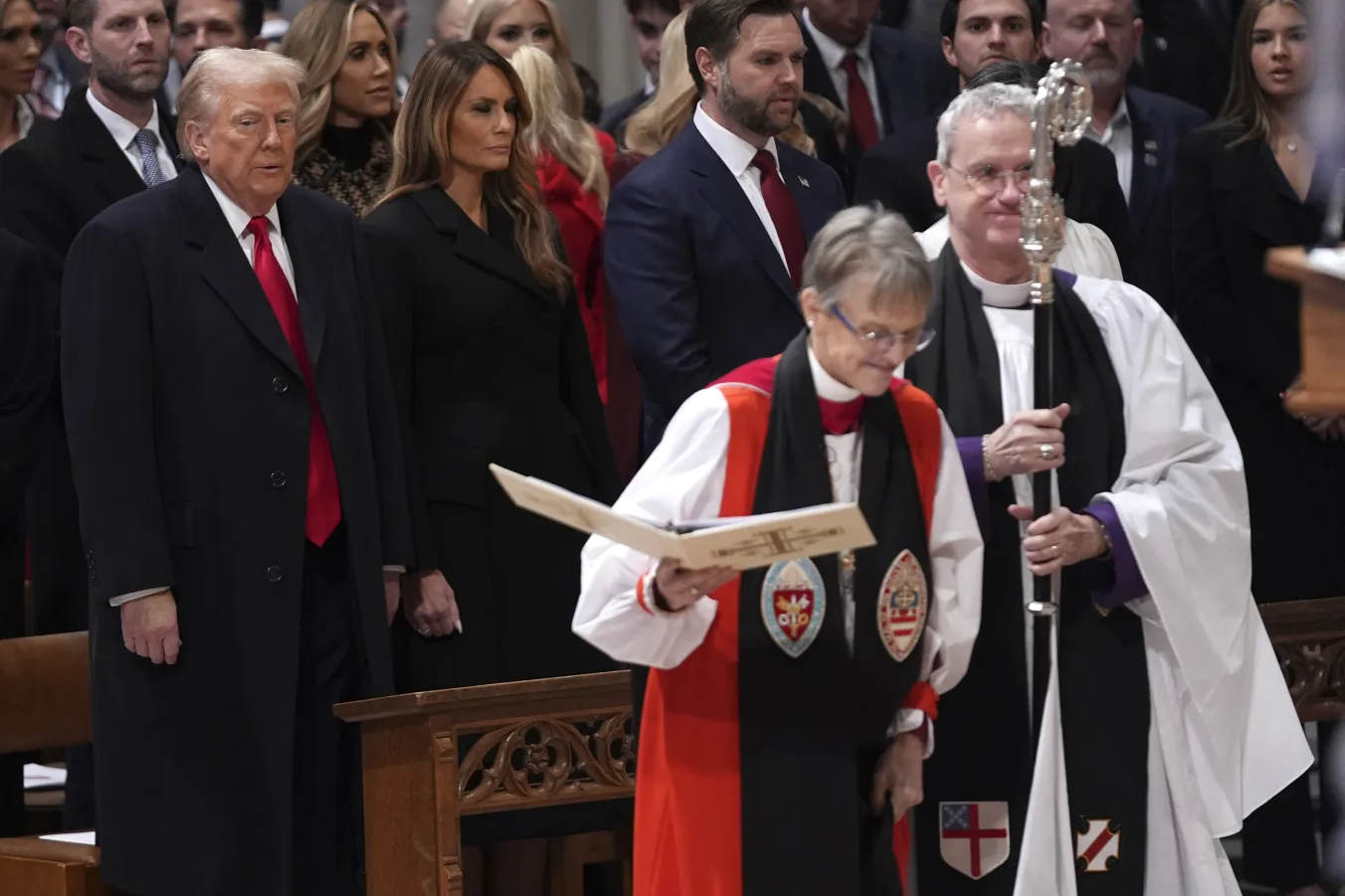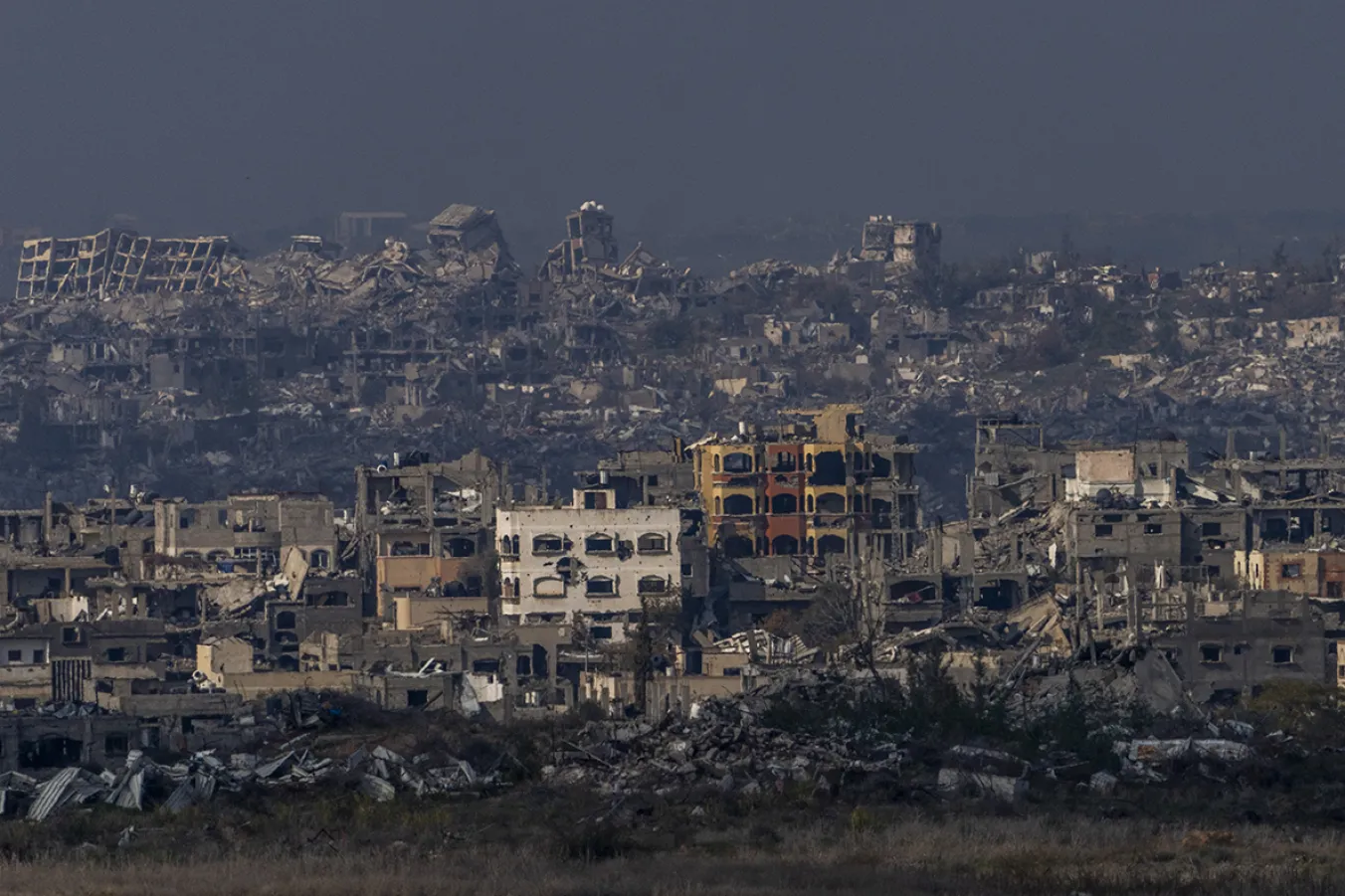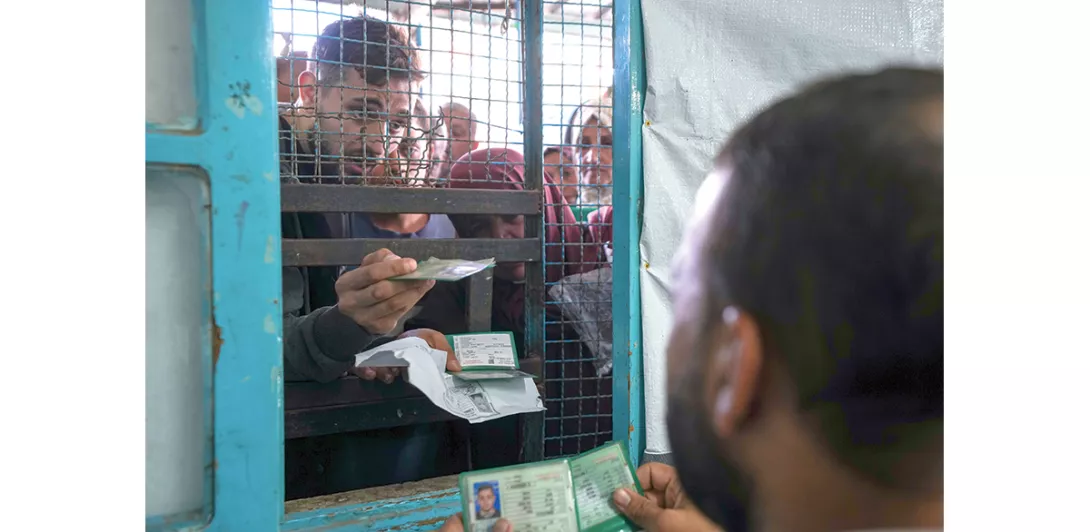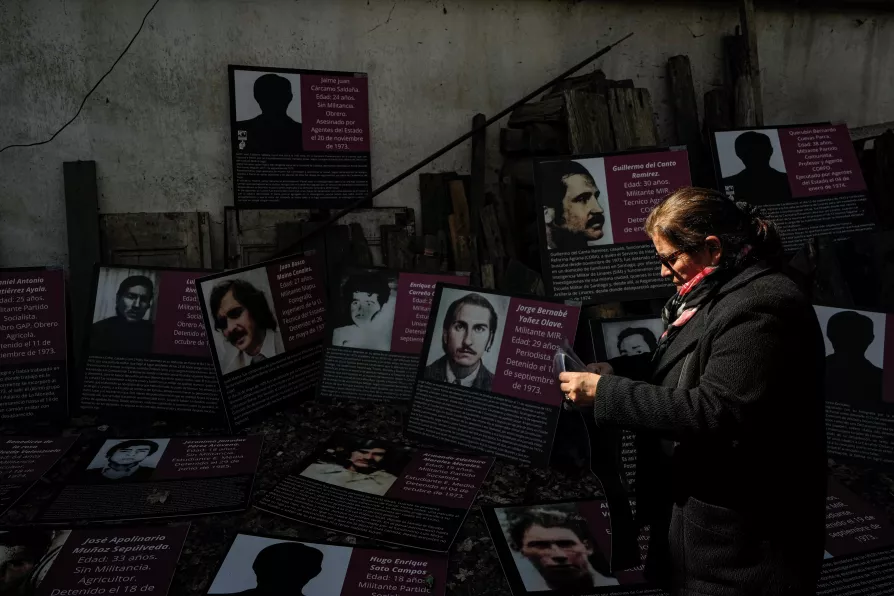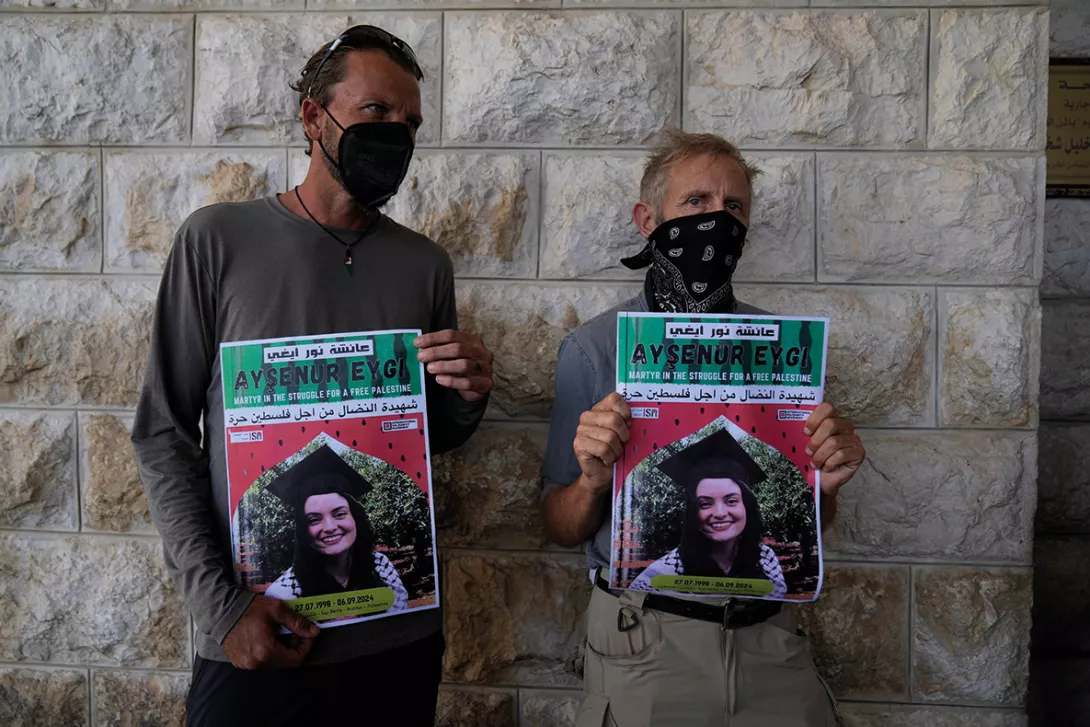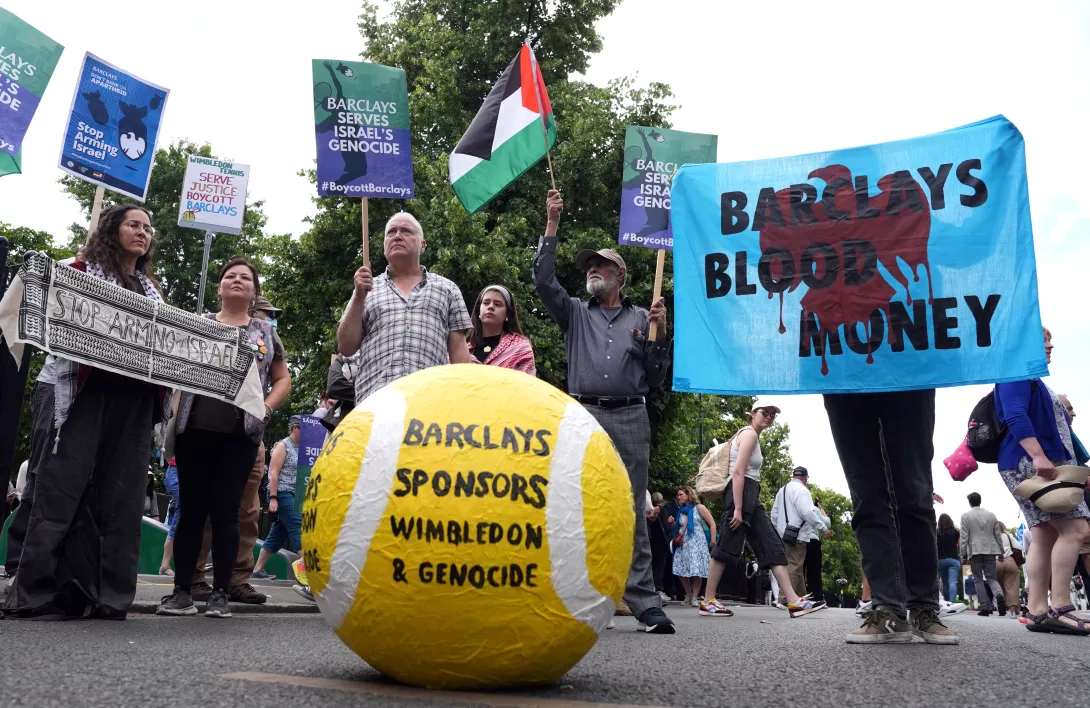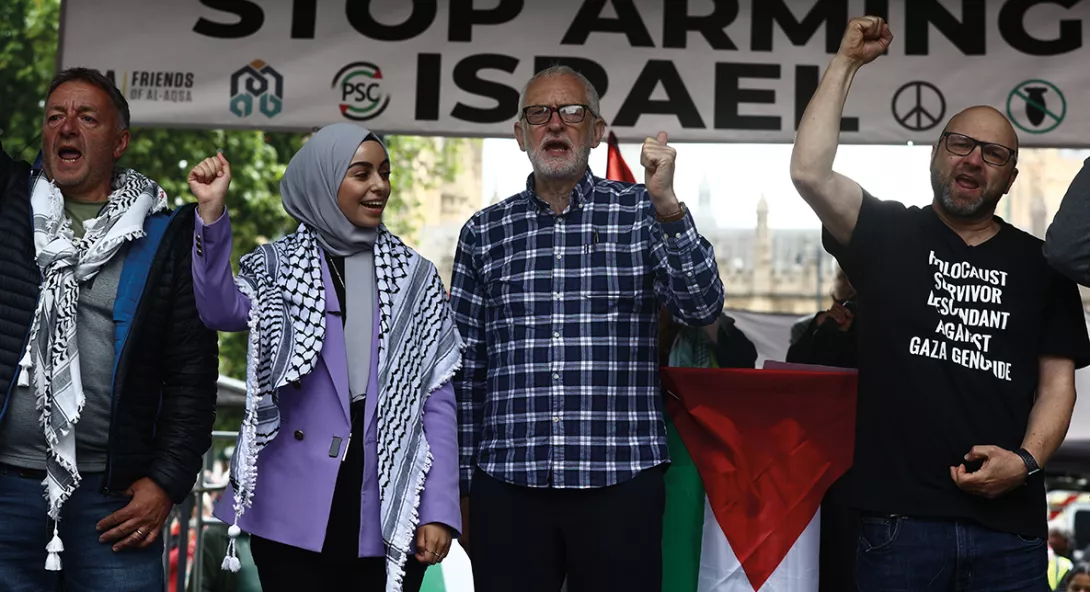
EVERY morning, Lubna Masarwa repeats the same task. She views footage and photographs and decides what her news outlet will publish. Except that these are no ordinary images. These are the pictures coming from Gaza and now the West Bank, and, according to Masarwa, they can be summed up in a single word: horrible.
“I have never witnessed such a thing,” said Masarwa, the Jerusalem bureau chief of the news website Middle East Eye, who has been covering Israel’s genocide in Gaza since it began.
The material she is forced to view includes “mothers grieving near Nasser hospital trying to recognise the bodies of their children,” says Masarwa, children who are often only identifiable by the shoes they were wearing that day or even their teeth. “I would say Israel went mad,” she said.
